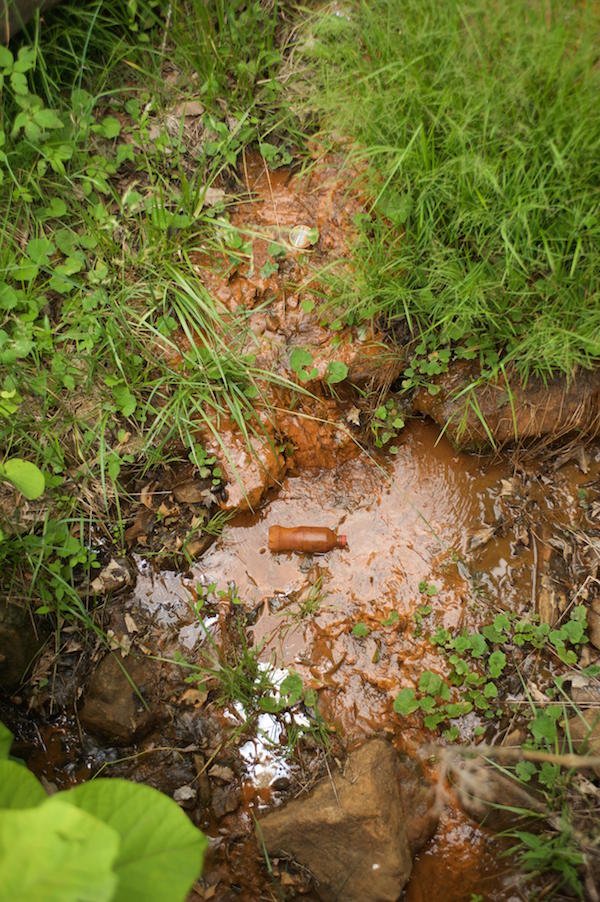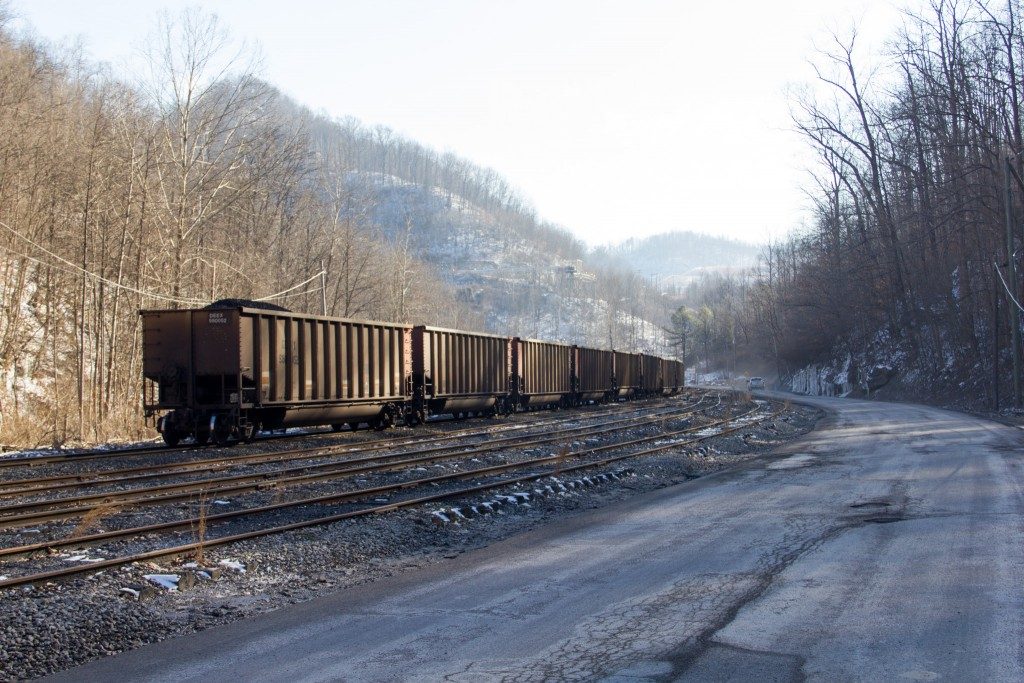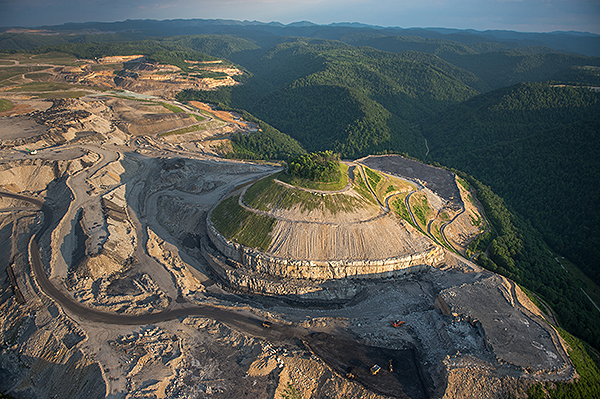Posts Tagged ‘Mountaintop Removal’
Land through the Lens
Photographs of Appalachia’s wild wonders have shaped our relationship with the mountains since the early 20th century, and witnessing the destruction of the region’s land and waters has long stirred residents to defend our natural heritage. – Compiled by Molly Moore George Masa’s stunning landscape images from the 1920s and ‘30s are credited with raising…
Read MoreTwo New Children’s Books Share Tales of the Outdoors and Activism
Two new children’s books are set in Appalachia. “Saving Annie’s Mountain” is a picture book about mountaintop coal removal, and “The Adventures of Bubba Jones” is a chapter book about kids exploring nature in the Great Smoky Mountains.
Read MoreCitizens groups, Kentucky reach historic settlement with coal company over water pollution
Deal sends strong signal to incoming Bevin administration Contact: Erin Savage, Appalachian Voices, 206-769-8286, erin@appvoices.org Ted Withrow, Kentuckians For The Commonwealth, 606-784-6885, tfwithrow@windstream.net Pat Banks, Kentucky Riverkeeper, 859-200-7442, kyriverkeeper@eku.edu Peter Harrison, Waterkeeper Alliance, 828-582-0422, pharrison@waterkeeper.org Alice Howell, Sierra Club, 859-420-8092, a.howell0607@gmail.com Highlights of press coverage New York Times Louisville Courier-Journal Daily Independent (CNHI) Lexington Herald-Leader…
Read MoreUnderstanding the Stream Protection Rule
While the draft Stream Protection Rule is far from perfect, it is a long overdue update to protections for surface and groundwater from mountaintop removal coal mining. Not surprisingly, the coal industry had relied on “war on coal” talking points to fight against the rule, and claims these protections are unnecessary and will undermine an otherwise viable industry. Let’s examine those claims.
Read MoreThank God for our Kentucky newspapers
Local newspapers in Kentucky have helped expose state regulators’ lax treatment of industry, most recently in the form of a secretive deal stuck with an oil company responsible for polluting drinking water supplies. But sadly, Kentucky’s politicians and agencies aren’t shy in revealing whose interests they truly serve either.
Read MoreCitizen stories counter coal industry deception
Citizens and clean water advocates used a series of hearings on the proposed Stream Protection Rule to demand improvements to the draft version and call out state agencies for repeatedly failing to enforce regulations already on the books. Coal industry representatives, on the other hand, relied on “war on coal” rhetoric and deception to rally against the rule.
Read MorePeculiar Patriot Coal deal raises questions
What would a health care executive-turned-environmentalist want with the dying business of mining coal? That’s the question some are asking after the announcement that a Virginia environmentalist plans to acquire assets, and assume around $400 million in liabilities, from recently-bankrupt Patriot Coal.
Read MoreU.S. coal giant Alpha Natural Resources files for bankruptcy
Alpha Natural Resources, one of the largest coal mining companies in the United States and a big player in the Appalachian coal market, filed for Chapter 11 bankruptcy on Monday of this week, blaming “an unprecedented period of distress with increased competition from natural gas, an oversupply in the global coal market, historically low prices due to weaker international and domestic economies, and increasing government regulation that has pushed electric utilities to transition away from coal-fired power plants.
Read MoreA moment of truth for Kentucky’s coal regulators
A striking case of corruption related to mine inspections in Kentucky led to the recent criminal conviction of former Democratic state representative Keith Hall. But questions remain about how deep the conspiracy goes. Will Governor Steve Beshear and the state agencies that enforce mining laws in Kentucky adequately investigate?
Read MoreInterior Department Issues Draft Stream Protection Rule
Contact: Cat McCue, Communications Director, 434-293-6373, cat@appvoices.org Today, the U.S. Department of the Interior issued a long-awaited draft of the Stream Protection Rule, which the agency has been working on since 2010. The purpose of the rule is to prevent or minimize the impacts of surface coal mining on surface water and groundwater. The agency’s…
Read More





